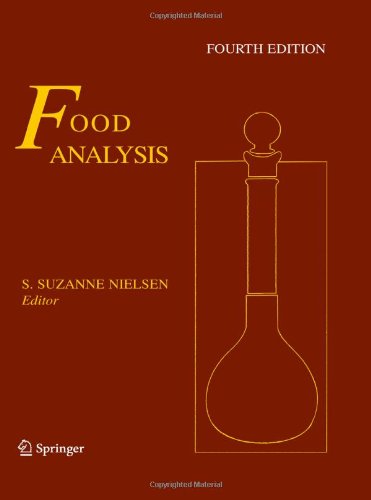

Most ebook files are in PDF format, so you can easily read them using various software such as Foxit Reader or directly on the Google Chrome browser.
Some ebook files are released by publishers in other formats such as .awz, .mobi, .epub, .fb2, etc. You may need to install specific software to read these formats on mobile/PC, such as Calibre.
Please read the tutorial at this link: https://ebookbell.com/faq
We offer FREE conversion to the popular formats you request; however, this may take some time. Therefore, right after payment, please email us, and we will try to provide the service as quickly as possible.
For some exceptional file formats or broken links (if any), please refrain from opening any disputes. Instead, email us first, and we will try to assist within a maximum of 6 hours.
EbookBell Team

4.7
16 reviewsThis book provides information on the techniques needed to analyze foods in laboratory experiments. All topics covered include information on the basic principles, procedures, advantages, limitations, and applications. This book is ideal for undergraduate courses in food analysis and is also an invaluable reference to professionals in the food industry. General information is provided on regulations, standards, labeling, sampling and data handling as background for chapters on specific methods to determine the chemical composition and characteristics of foods. Large, expanded sections on spectroscopy and chromatography also are included. Other methods and instrumentation such as thermal analysis, ion-selective electrodes, enzymes, and immunoassays are covered from the perspective of their use in the analysis of foods. A website with related teaching materials is accessible to instructors who adopt the textbook.